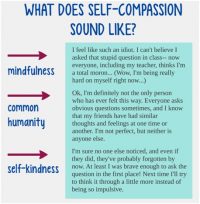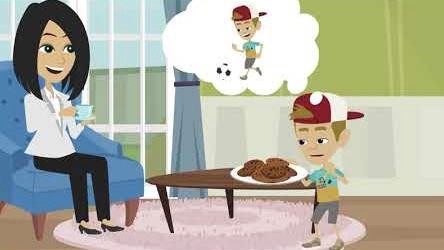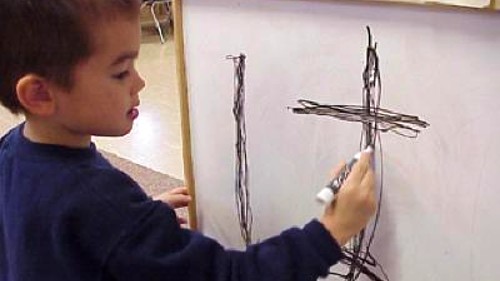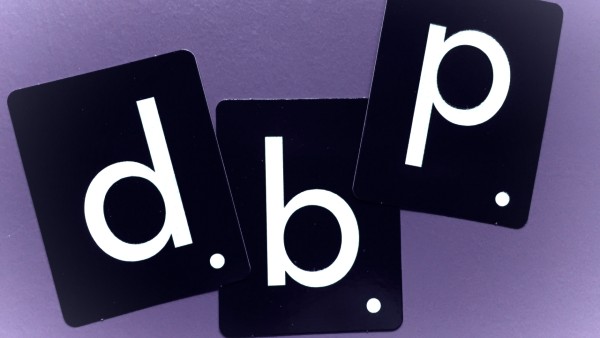Deep Dive into Self-Compassion

In a nutshell, self-compassion is being kind and understanding when confronted with personal failings rather than judging and self-criticizing for inadequacies or shortcomings. It is asking yourself “Would I say this to a friend?” when the mean inner critic awakens the self-doubt within you.
Here is my interview with Jess Hopkins, a life and career coach. Her Positive Parenting Seminar we attended began discussions in our household around how we can support both of our children, dyslexic or not, in the cut-throat academic life ahead of them and beyond. Hope you benefit from this it as much as our family did.
- What are the challenges that you see in your practice for children and young adults that hinder their emotional well-being?
The biggest challenge I see in kids and young adults (whether or not they have learning differences to be honest) is believing that they are “enough” exactly as they are, while living in a culture that demands perfection and over-achievement. We all have that little voice inside, commonly referred to as the inner critic, that says “you’re not ____ enough.” We all have a personal narrative that fills in that blank (not cool enough, smart enough, skinny enough, etc.) and when we get hooked by that kind of self-defeating thinking, we get paralyzed. And because our thoughts directly impact how we feel and behave, the way we think is critically important to our well-being. Self-doubt and self-criticism can be extremely damaging, but most of us fall prey to it without even realizing it’s happening. It has become our default to compare ourselves to others and despair when we don’t measure up. So the initial challenge is simply learning how to notice when we get caught up in the negative self-talk. The second challenge is making the self-honoring choice NOT to attach to that kind of thinking. We can’t control that thoughts come into our mind, but we can absolutely choose whether or not to attach to them.
- High academic demand and pressure can be overwhelming for any student, especially for a dyslexic student. What are your recommendations for students to not only survive but thrive emotionally in today’s academic world?
My rule of thumb is this: stay in your own lane, and go your own speed. It’s too easy to compare ourselves to what other people are doing and quickly get derailed with overwhelm. Ultimately, clarity of values is critically important to this conversation. A value is a way of being or believing that you hold most important in your life. When kids take the time to clarify their core values, they usually wind up with a list that has almost nothing to do with things like GPA or college acceptances. For example, in a values clarification exercise, a client identified her core values as love, creativity and family. Does she want to be a successful student? Of course. But at the end of the day, she finds the deepest meaning and fulfillment in other ways. When we have that kind of clarity about what’s most important, we can check back in with those values any time we feel ourselves getting caught up in the “compare and despair” spin cycle, especially when it comes to academics.
- Mindfulness and self-compassion are the two new big buzz words. What do they actually mean?
These concepts have indeed become buzzwords but they are critically important to our well-being. I’ll do my best to succinctly explain them. Mindfulness is simply paying attention. That’s it. It sounds deceptively simple, but most of us have deep rooted patterns of thinking, feeling and behaving, such that we operate pretty mindlessly most of the time. Building the capacity to notice when we are engaging in self-defeating patterns is the very first step to being able to change them. We simply can’t change something that we’re not yet aware of, so mindfulness helps us to become more aware of our patterns. So that means paying very close attention to how we think, feel and behave— without judgement. It’s tempting to start beating ourselves up for engaging in a self-defeating pattern once we’ve noticed it, but that of course is exactly the kind of thinking we’re trying to mitigate through mindfulness! So instead of deeming your pattern as good or bad, right or wrong, the goal is to simply point to it and acknowledge it without judgement.
Self-compassion is the idea of extending kindness to oneself in a moment of perceived failure, disappointment or general suffering. Self-compassion is comprised of three individual components as identified by Dr. Kristen Neff, the leading researcher on this topic.
- The first component is actually mindfulness! Again, in order to be compassionate with ourselves, we must first notice we are being hard on ourselves.
- The second component is common humanity: the idea that everyone fails and everyone struggles. To be human is to be imperfect, and no one gets a free pass on struggle. When we really embrace the concept of common humanity, we can find great comfort and relief in remembering that we are not alone in our challenges.
- The third component is self-kindness: talking to yourself like you would talk to someone you love. It is mind boggling to think about the nasty and critical things we say to ourselves in the privacy of our own minds, but we would never dream of saying such cruel and hurtful things to someone we love. Self-kindness is about saying to yourself the very same kind, reassuring, supportive things you would say to a friend in the midst of a struggle.
When we practice self-compassion, a self-soothing technique, we are then better able to bounce back and move forward more quickly.
- Clearly, self-compassion can be a great supporting tool for dyslexic children as they go through challenging experiences during their academic life. Can you give us some examples of what self-compassion sounds like?
Here is a slide from one of my presentations on self-compassion. It outlines a scenario that we’ve all experienced— in a classroom, a business meeting or a social setting. That moment when we say something we think sounded stupid and start to beat ourselves up about it. Here’s what a self-compassionate response would sound like:

Thank you, Jess, for sharing your knowledge and your support to make lives better.









